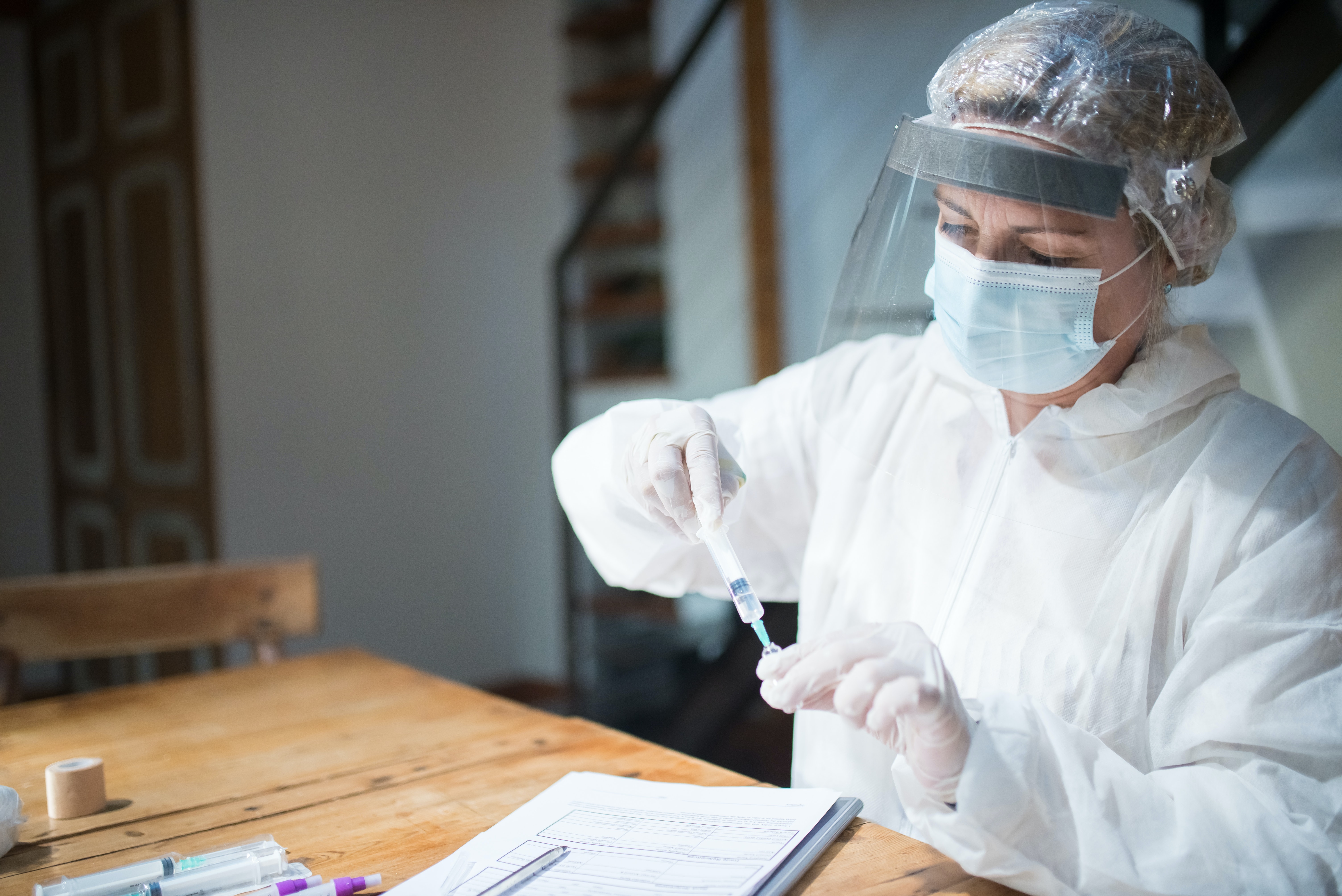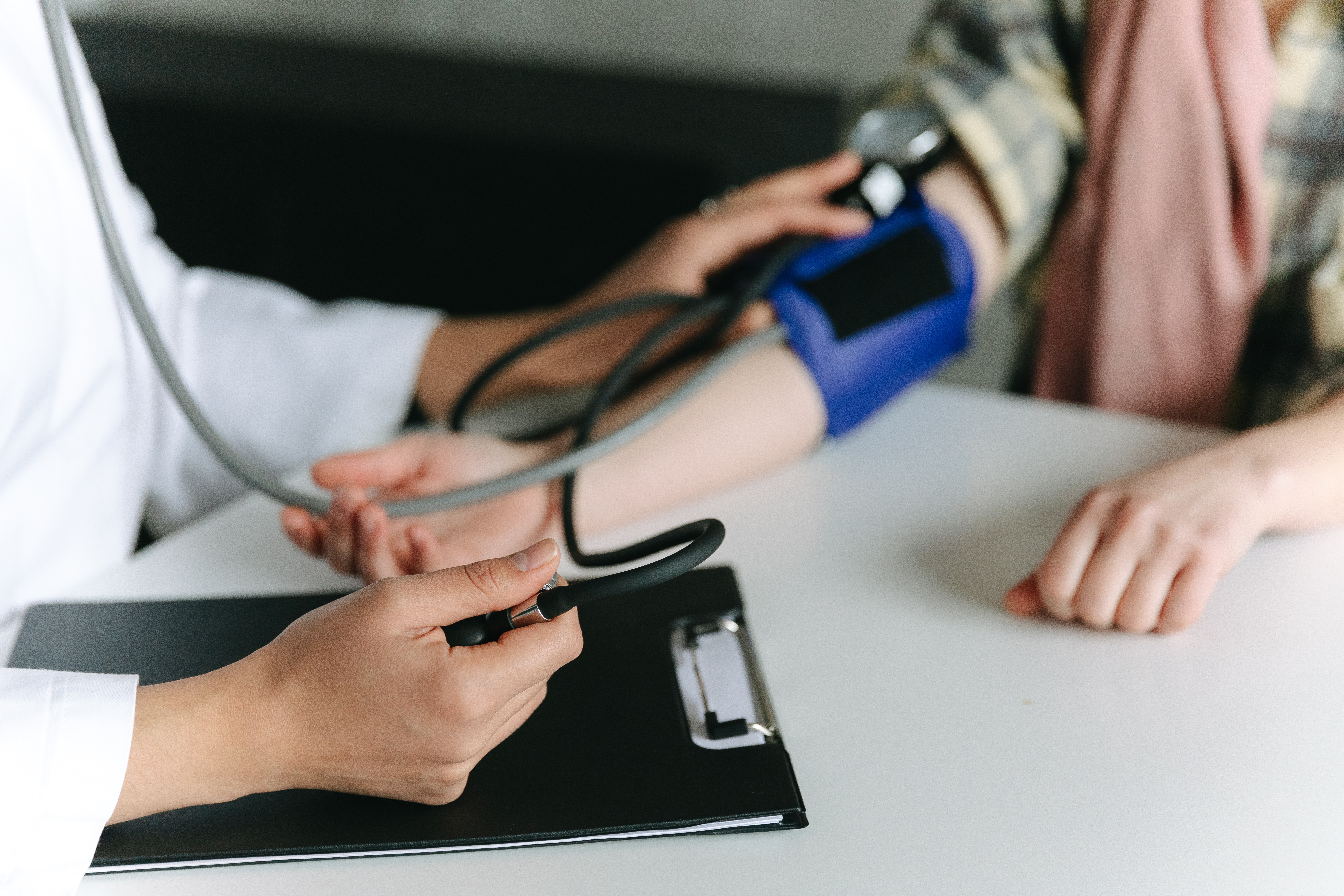
Dr Emily Isham is a GP with qualifications in Women's & Children's Health, and Public Health.
Currently, one of the COVID-19 vaccines being rolled out around Australia is the Pfizer BioNTech mRNA vaccine. Most Australians between 12 years old and 60 years old, or with legitimate contraindications to the AstraZeneca vaccine, will be offered the Pfizer vaccine.
These guidelines and eligibility criteria are based on advice from Australia’s Technical Advisory Group on Immunisation (ATAGI) – they have made these recommendations to ensure those with an increased risk of the rare blood-clotting disorder, known as TTS, are provided with a more suitable option.
To date, there has been a lot of media and attention focused on this rare serious side effect of the AstraZeneca vaccine in Australia. But what about the possible side effects and rare adverse events that can occur after the Pfizer vaccine?
This Pfizer vaccine has now been administered to millions of people around the world, and we have gathered a lot of data from both clinical trials and community safety surveillance programs – like VAERS in the USA and AusVaxSafety – that show its safety and efficacy.

In terms of self-reported side effects, approximately two-thirds of those vaccinated with Pfizer reported no reactions after their first dose. However 60% of those vaccinated reported side effects after their second dose; the most common ones being headaches, muscle aches and fatigue, occurring in the first 24 to 48 hours post-vaccination and sometimes lasting for up to a week. These are in keeping with a normal immune system response, and consistent with side effects experienced during the clinical trials.
Some people experience allergic reactions, or, occasionally, even anaphylaxis after the Pfizer vaccine. Anaphylaxis is an acute allergic reaction involving a rash, lip and tongue swelling, difficulty breathing, and sometimes a fast heart rate and low blood pressure. This type of reaction is estimated to occur in approximately five people per million doses of Pfizer and happens within 15 to 30 minutes after exposure, hence why the 15-minute wait after your vaccination. Although scary, anaphylaxis is easily recognised, treated and reversed with an injection of adrenaline by medical or nursing staff, and people usually make a complete recovery. However, you must tell your doctor about any allergic reaction before getting a second dose.
What is myocarditis and pericarditis?
Recently, you may have heard reports from the US and Israel of myocarditis and pericarditis after Pfizer vaccines. These refer to inflammation of the heart (myocarditis) or the lining of the heart (pericarditis).
Myocarditis and pericarditis are documented adverse events after the Pfizer vaccine, but they are extremely rare.
They can occur as our bodies try to create a minor immune response, and happen in response to other viral or bacterial infections, heart damage, autoimmune diseases, medicines, environmental factors, or other triggers, and only rarely, after vaccines.
These adverse events typically occur within 10 days of vaccination, particularly after the second dose, and more commonly in younger men. Most cases are transient and resolve without treatment, however, some people may need hospitalisation. Symptoms include chest pain, an irregular or rapid heartbeat, fainting and shortness of breath, and it’s important you seek medical attention if you experience any of these.

However, the COVID-19 virus (SARS-CoV-2) has also been shown to attack your heart and other essential organs, and consequently, you are actually four times more likely to develop myocarditis and pericarditis if you are unvaccinated and infected with COVID-19. Having more serious adverse events post-vaccine perhaps indicates a potential predisposition for more serious COVID-19 illness should you be infected.
Myocarditis and pericarditis post-vaccine are milder than those illnesses in the setting of COVID-19 illness, and they are manageable; most cases not even requiring medical treatment. Out of 8,200,000 doses of the Pfizer vaccine in Australia, we have had 235 reports of suspected myocarditis, all of which have resolved, with no deaths occurring.
However Australia’s Therapeutic Goods Administration (TGA) is watching with interest, and currently, rigorous studies are being carried out in Israel, the UK, and the USA to assess this. This is because there is still no solid causation link established between the Pfizer vaccine and myocarditis, and so currently, no significant cause for concern.
In spite of all of this, we still know that all the global data, accumulating by the hour, shows that a fully vaccinated person will have a much lower risk of hospitalisation and death from COVID-19. This is especially relevant to those in our cancer community who have been given the all-clear to be vaccinated with these very effective vaccines – one of which is Pfizer.